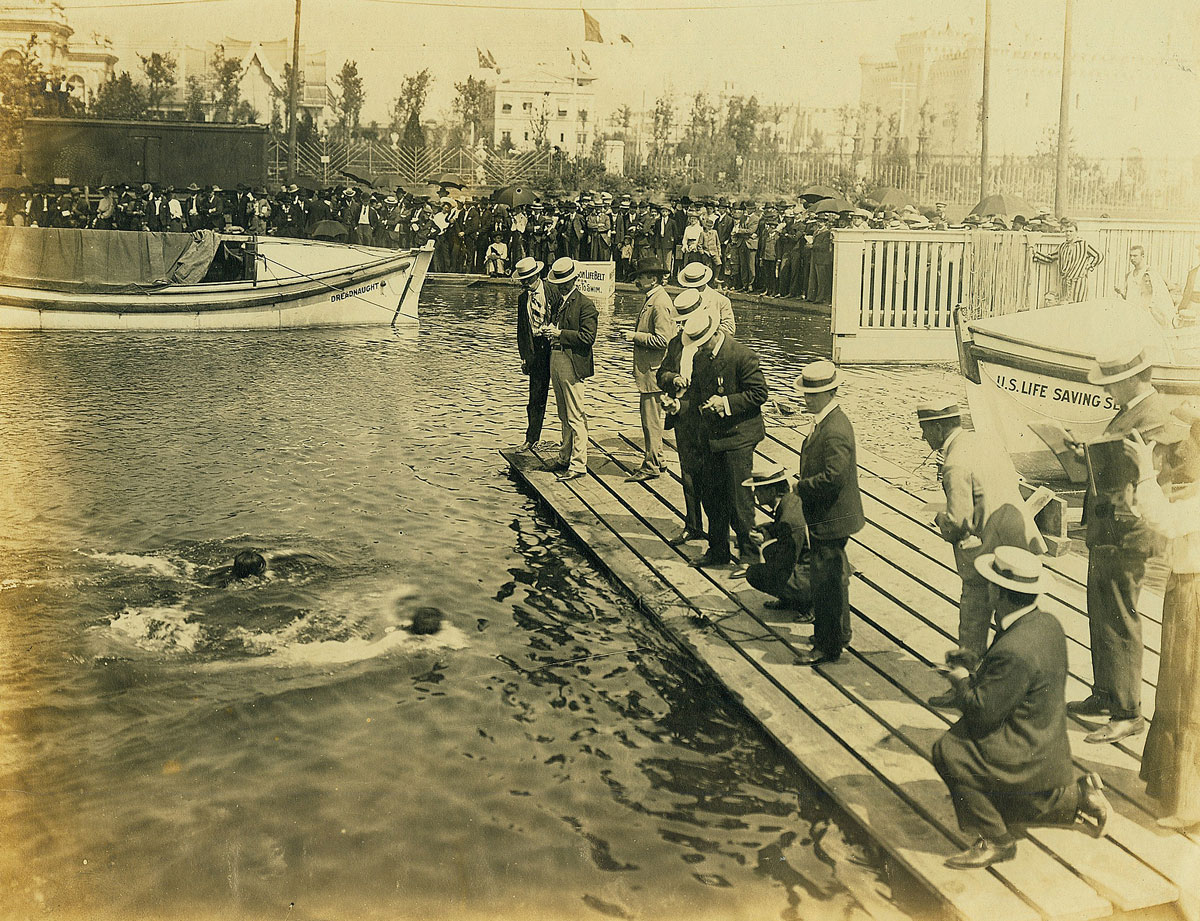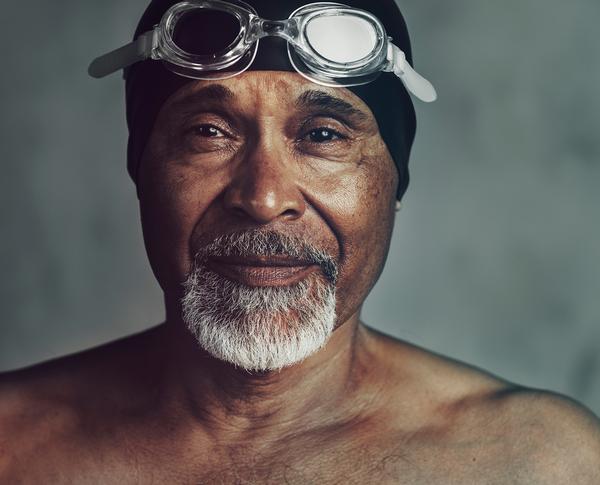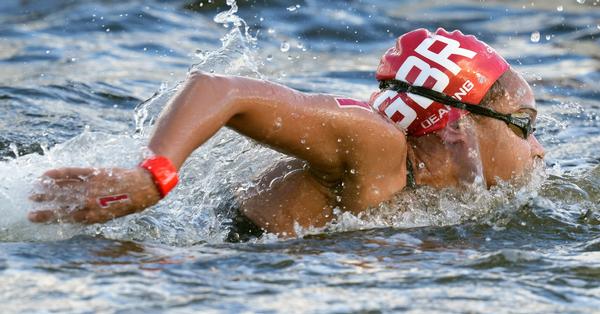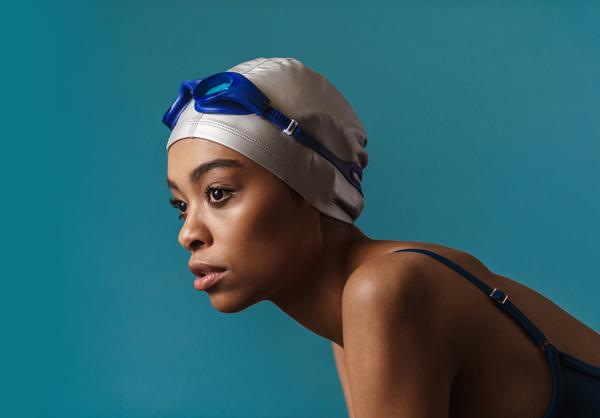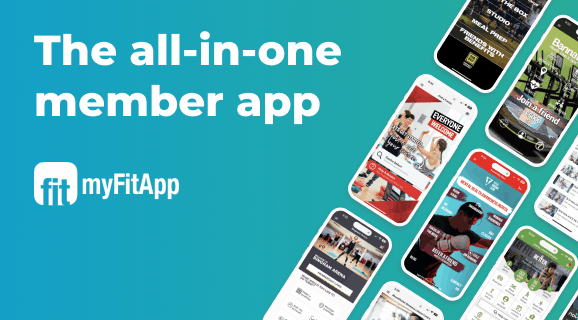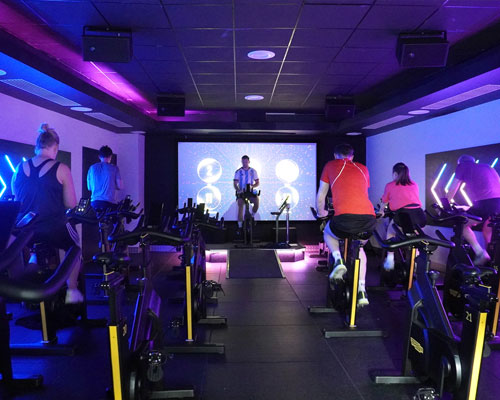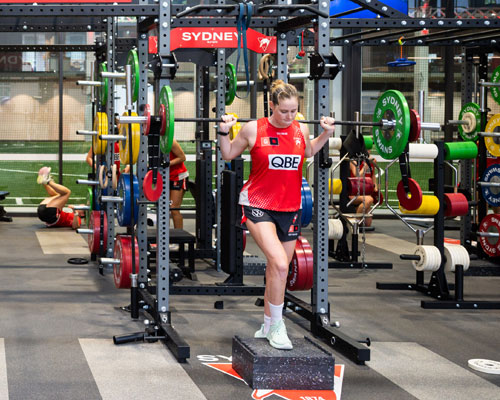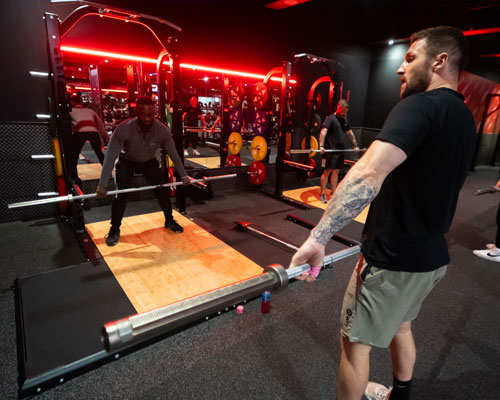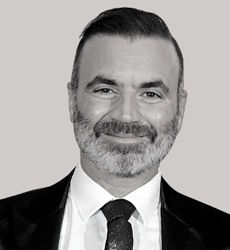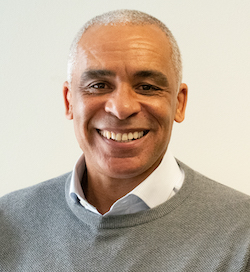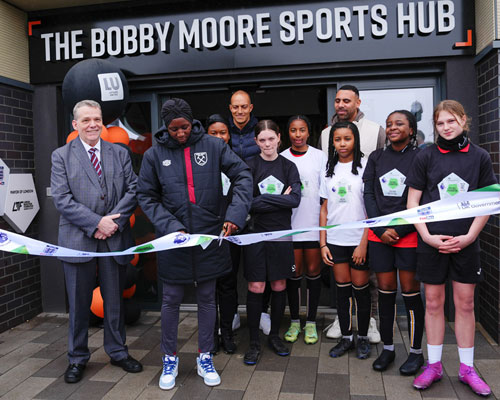features
HCM People: Danielle ObeChair, The Black Swimming Association
Our vision is a future with ethnic diversity in aquatics
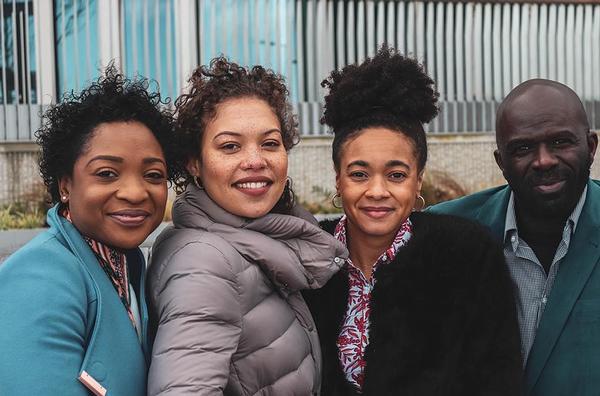
Why is the Black Swimming Association needed?
Swimming isn’t just a sport, it’s a gateway into the world of aquatics and most importantly, an essential life skill everyone should have for their safety and wellbeing.
In spite of this, however, our research shows that 95 per cent of Black adults, 80 per cent of Black children, 93 per cent of Asian adults and 79 per cent of Asian children in England either can’t or don’t swim.
Between 2016 and 2019, of the 10 per cent of athletes funded by UK Sport who were of Asian, Black and mixed heritage, only 1 per cent were Black, while among the aquatic workforce only 3 per cent of lifeguards, 3 per cent swimming volunteers and 2 per cent of swimming coaches are of African, Caribbean and Asian heritage. There is no representation at senior leadership or board level.
We can’t drive forward inclusion and diversity in aquatics without first tackling inherent systemic and institutional inequalities – we need to address the economic and social disparities between ethnic groups in the aquatics sector in the UK, which have led to these disproportionately low participation rates within African, Caribbean and Asian communities.
Established in 2020, the Black Swimming Association (BSA) began with a single commitment – to be the bridge between the aquatics sector and these disenfranchised communities.
This isn’t a simple boardroom activity or quick fix, neither is it a one-size-fits all approach, the sector must take a systematic, long-term and integrated approach to change.
This begins with community engagement, research and collaboration to build trust, accountability and most importantly, build bridges into these disengaged communities the sector wishes to attract.
What inspired the establishment of the BSA?
The opportunities and benefits of participation in all types of aquatics are truly phenomenal and unmatched – from sport, careers and physical and mental wellbeing, to all important water safety
The mission of the BSA is to ensure everyone – regardless of age, gender, status or ethnicity – should have equal access, feel included and have a quality and safe experience in and around water.
According to the World Health Organization, a person – usually a child or young adult – dies by drowning every 90 seconds around the world. That means that on average, every hour of every day, more than 40 people lose their lives this way.
In the UK, 19 per cent of people living within 1km of waterways are from African, Caribbean and Asian heritage – that’s above the national average of 14 per cent.
Although there’s been no data captured to date on drowning by ethnicity, the disproportionate number of people of African, Caribbean and Asian heritage who don’t swim is a nationwide issue which puts these communities at a higher risk.
How are things going?
Our first year was spent engaging with key stakeholders as we embarked on a journey of discovery to understanding exactly where the sector is in regards to ethnic diversity.
We’ve built strategic partnerships with governing bodies, operators, aquatic brands, swimming bodies, lifesaving agencies and other charities in the aquatics sector.
We’ve also been championing the need for more inclusion and water safety education for ethnically diverse communities and more visibility when it comes to access and awareness for both participation and career pathways.
Following the global impact of the Black Lives Matter movement in 2020/21, awareness of inequalities is high, as is the collective need to do something tangible to urgently address these issues.
This context represents a ‘moment in time’ and an opportunity to drive the aquatic agenda for under-represented communities in the UK.
BSA has commissioned research (academic, social and scientific) with the core aim of understanding the aquatic behaviours and attitudes of African, Caribbean and Asian communities and addressing and removing barriers that preclude them from participating in aquatics.
How can health and fitness and sports facility owners and operators help and support the BSA?
Through direct community engagement, messaging campaigns, research and co-creation with the BSA. We’re actively welcoming collaboration and engagement, so please get in touch.
How will you measure success?
We’ve set ourselves a number of goals between now and 2024.
Firstly, to reduce the number of drownings in Black and Asian communities in the UK by 20 per cent – we also want to see drowning data recorded by ethnicity.
We’re also aiming to increase the number of children and adults from Black and Asian communities who swim by 30 per cent and to increase the number of Black and Asian people in the aquatic workforce by 25 per cent.
Why have Black people traditionally not got involved with aquatics?
There are a number of underlying reasons why they’re disengaged – this can be to do with a wide range of factors, such as access, culture, finance and representation.
As a result, many people from these communities believe the sector is ‘not for them’.
In addition, the aquatics sector hasn’t accommodated the specific needs of Britain’s diverse populations, thus it becomes a catch-22 situation.
As the BSA, our ongoing work with governing bodies in the aquatics sector has given us a unique perspective. We’re finding that although there’s a willingness to work towards swimming being a more inclusive sport, there is very little knowledge and understanding of the unique aquatic barriers, behaviours and attitudes that preclude Black communities from engaging widely in aquatics.
This is why the BSA has commissioned industry pioneering research, as mentioned, through direct community engagement with the under-represented communities we want to see represented.
You’ve had a bad decision from FINA about the wearing of the Soul Cap in international swimming competitions. Tell us what’s happening
FINA’s original ban on the Soul Cap [the swimming cap designed to accommodate Black hair] was about much more than just these types of products, it was about the message FINA is sending not only to African, Caribbean and Asian communities, but also to elite swimming NGBs on a national and international level that the sport is not for everyone.
The Soul Cap decision is in direct breach of Section C4 of FINA’s own constitution and objectives which concern the promotion and encouragement of aquatics in all possible regards throughout the world and the encouragement of participation in aquatic disciplines at all levels, regardless of age, gender or race.
We believe putting a ban in place on products such as the Soul Cap, that make the sport more inclusive, will discourage younger athletes from ethnic minority backgrounds from not only pursuing swimming competitively, but also from engaging with aquatics.
The BSA is aiming to work with FINA to build bridges into disenfranchised communities, so they too have equal access, feel included and can have a safe and quality experience in the water.
We already know the vast majority do not swim. We can’t afford to have more children from these backgrounds feeling disengaged.
Do you think FINA will back down and change the ruling about the Soul Cap in light of public outrage?
FINA has already released a statement indicating its intention to review the original statement. The BSA, British Swimming, Soul Cap and FINA have been in dialogue to agree a resolution and next steps.
How important is it that Swim England are backing the BSA?
Swim England is our primary NGB and we hope our partnership can help Swim England to increase visibility, representation and participation of African, Caribbean and Asian groups. This partnership is enabling us to look forward and work more closely to increase the impact of its work.
The strength lies in our working together to understand, address and overcome significant age-long barriers.
A Black swimmer [Alice Dearing] was in the GB team at the Tokyo Olympics. What impact is this having?
Alice Dearing qualifying for the Olympics as the first Black woman to represent Team GB is a huge milestone in British elite swimming.
For the community, her achievements are all about representation. For the first time, thousands of Black British children are seeing someone who looks like them in a sport that isn’t as inclusive as it could be. It’s about representation.
Do you see BSA becoming a global organisation and if so, what’s your vision?
Absolutely! Our vision is a future with ethnic diversity in aquatics. In the long term the vision remains the same.
This isn’t just a British issue – it starts at home, but it’s a global one.
Swimming has long been thought of as a white sport but right from the conception of the strokes, swimming has been ethnically diverse.
In 1844, the British Swimming Society invited the two men, Wenishkaweabee (Flying Gull) and Sahma (Tobacco), of the Ojibwe people from Canada to swim a race in London. Their swimming style was different from anything they had ever seen before and much faster.
Instead of being wowed by their impressive times, the British press found the swimmers’ movements to be “totally un-European,” and “grotesque.” One paper reported that the Ojibwe men “thrashed the water violently with their arms, like sails of a windmill, and beat downward with their feet, blowing with force and forming grotesque antics.”
So even though the revolutionary style of Flying Gull and Tobacco was considerably faster, it was not copied and British swimmers continued paddling along in their accustomed manner.
Yet this revolutionary advancement was really centuries old. The original inhabitants of the Americas, West Africa and some Pacific islands had been using a version of front crawl for generations.
It wasn’t until three decades later that John Arthur Trudgen, a British swimmer, took the prize for the 100-yard race in a major British swimming competition, using a stroke that combined the arm movements of the front crawl with the frog kick of the breaststroke. He had learned to swim the new style in Brazil and combined the speed of the front crawl’s arm movements with the accepted breaststroke kicking style. His stroke was less “un-European” and his time to cover 100 yards was 1 minute and 16 seconds.
Trudgen began teaching others the new arm movement and even though swimmers continued using the frog kick of the breaststroke, the overhand arm action gave them significantly more speed and power.
Using the Trudgen stroke – as it came to be called – swimmers whittled the record for the 100 yards down from 70 seconds to 60 seconds.
© Atlas Obscura, courtesy of the Black Swimming Association
